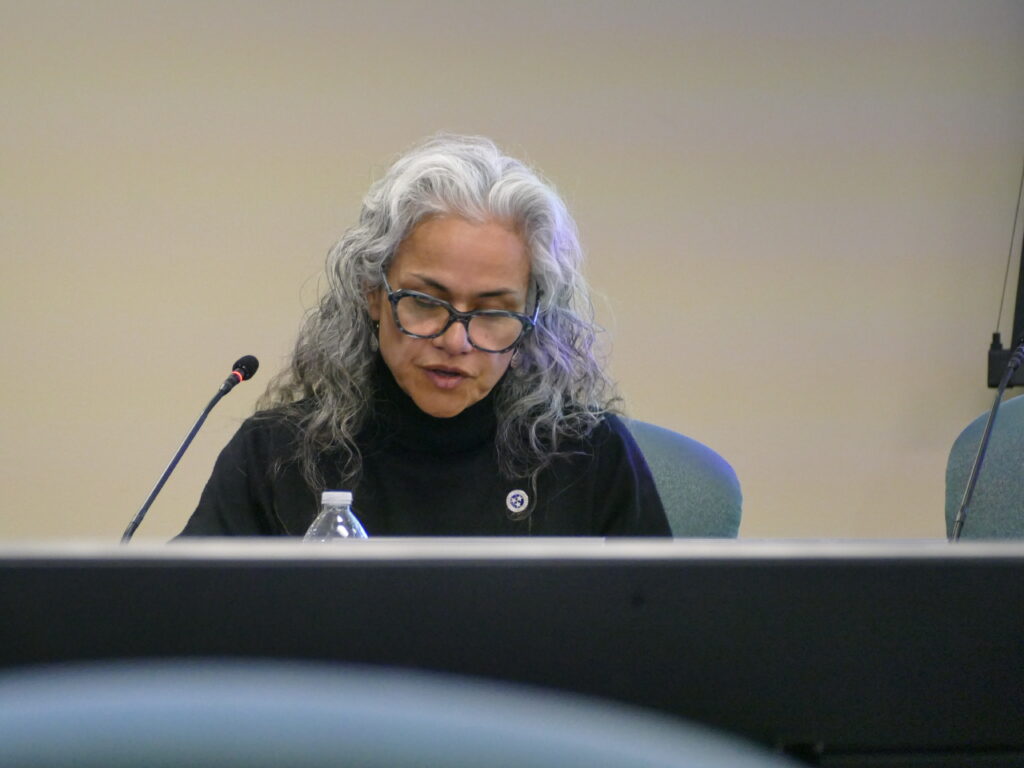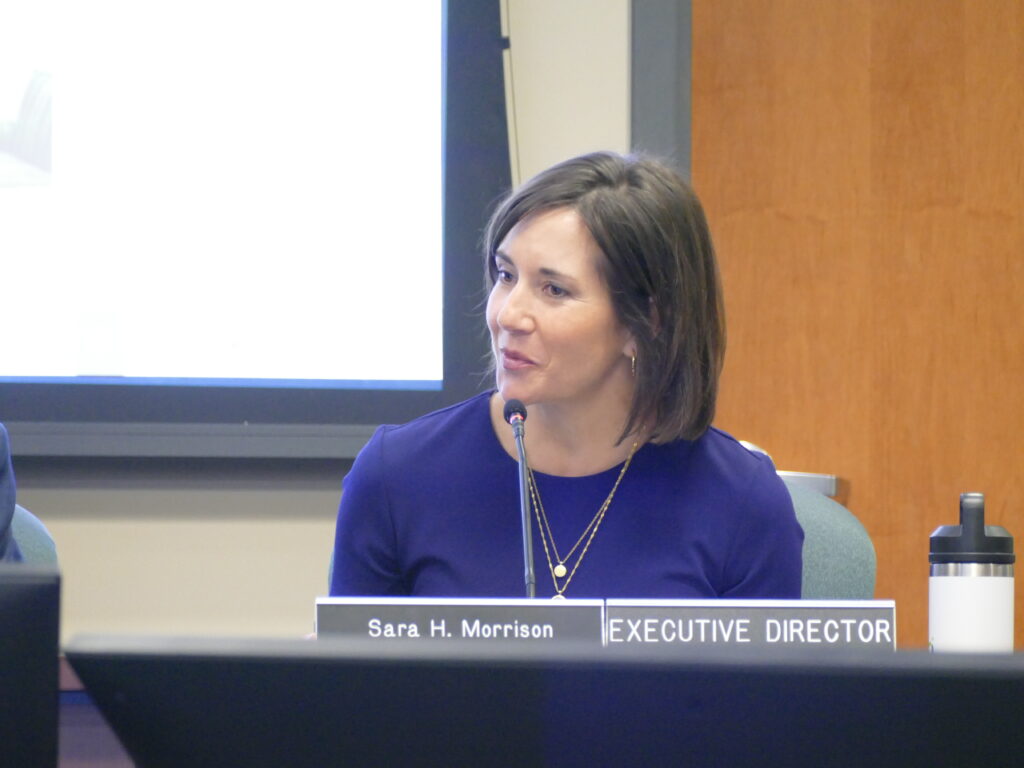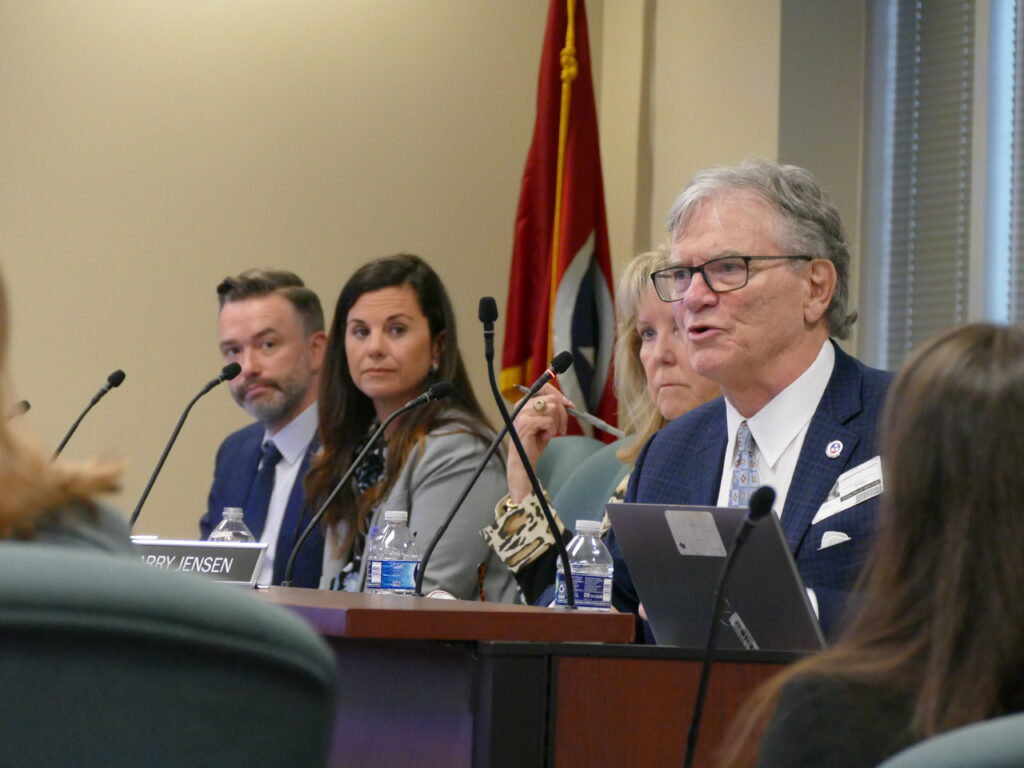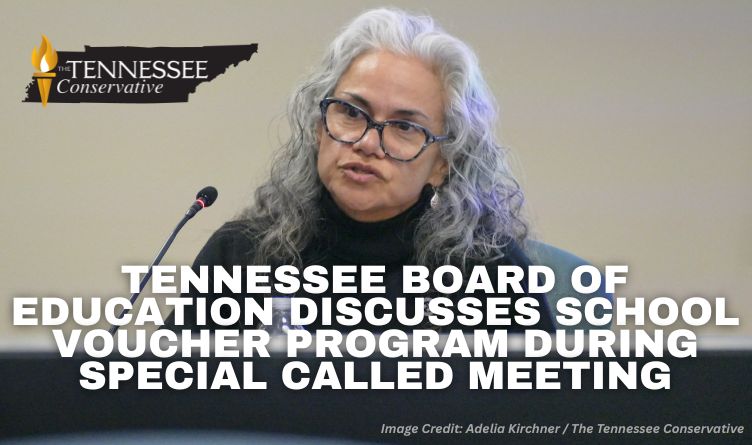Image Credit: Adelia Kirchner / The Tennessee Conservative
The Tennessee Conservative [By Adelia Kirchner] –
On Thursday, the Tennessee Board of Education’s special meeting agenda included the consideration of emergency rules and permanent rules for Gov. Bill Lee’s school voucher program or the Education Freedom Scholarship (EFS) Act.

The EFS Act was passed by state lawmakers in January during a special legislative session called by the governor.
This effort was aided a great deal by the lobbying of organizations like Americans for Prosperity-TN and despite much protest and opposition for various reasons from public school advocates and some conservatives.
There will be 20,000 scholarships or vouchers available during the first year of the “universal” program. This number has the potential to increase by up to 5,000 scholarships per year.
An estimated 65% of scholarship or voucher recipients will be students who already attend a private school. The remaining 35% of scholarship or voucher recipients will be public school students looking to transfer to a private school.
“EFS will provide families even more choices for schooling, in addition to the choices provided by some of our school districts, including charter schools and our homeschool communities,” Tennessee Education Commissioner Lizzette Reynolds remarked during Thursday’s board meeting.

The emergency rules before the board were formed by the Department of Education, Board of Education staff, and the Attorney General’s Office.
“These rules are a little different,” said Reynolds. “Normally we bring rules that require key policy making decisions from [the board]. However, these rules are really narrowly tailored to track the law very closely.”
The 13-page rule packet is not very long because according to Reynolds, the purpose of these rules is simply to “operationalize the program so that the department can move forward with implementation.”

Executive Director for the Board of Education Sara Morrison, spoke in support of Reynolds’ statements.
“We certainly concur and just appreciate the partnership,” said Morrison. “Especially on something like this that’s time sensitive and important to our state.”

Under the EFS legislation that was passed by the General Assembly, “private schools that enroll EFS recipients retain their autonomy” and “the EFS program does not expand the regulatory authority of this state beyond ‘the rules narrowly tailored [by the Board of Education] to enforce the requirements of the program.’”
The rules state that, “As such, the proposed rules focus on defining key terms, establishing application and eligibility processes, establishing appeals procedures, and setting forth other logistical matters necessary to effectuate the program.”
Board members posed several questions to the Department of Education regarding public access to information about the EFS program, if disabled students would receive additional funds, and whether there would be strings attached to private schools who participate in the EFS program.
Click here for access to the board’s full 40 minute discussion on the EFS Act.

“I’ve had some concerns expressed about, okay so we do this and five years from now, everybody says oh we don’t want to do this anymore…Has there been some thought around that?” asked board member Larry Jensen. “I know you don’t have an answer to that, but that is a concern that has been raised…That we get kids in a school, they’re moving along, and then all of a sudden they’re not financially able to continue.”
“That would obviously be up to the will of the General Assembly. So as long as it’s in authorized statute, we will implement the law as written,” responded Deputy Commissioner of Operations Sam Pearcy.
Key Takeaways from the Department of Education:
- Homeschool parents and students can apply for EFS funds if they intend to enroll in an eligible private school for the school-year they are applying for.
- There are somewhere over 100 private schools currently participating in the Education Savings Account (ESA) program.
- In Tennessee, there are only a total of 307 private schools who are eligible to accept EFS funds. 175 of these schools have stated they intend to participate.
- The same autonomy of private schools who participate in the EFS program that is outlined in the EFS legislation has been outlined in the EFS rules.
- There is an FAQ page accessible by interested parents and students. Interested parents and student can sign up for a newsletter from the department that keeps them up to date on the EFS program.
- EFS program rules will be made available in parent and public-facing language.
The EFS emergency rules were accepted by the board on first and final reading. These rules are meant to remain in effect for six months as the EFS program for the 2025-2026 school year is being launched.
Regarding the EFS permanent rules, Board Chairman Robert Eby, stated that a rulemaking hearing will be held prior to the board’s final reading of the permanent rules.


About the Author: Adelia Kirchner is a Tennessee resident and reporter for the Tennessee Conservative. Currently the host of Subtle Rampage Podcast, she has also worked for the South Dakota State Legislature and interned for Senator Bill Hagerty’s Office in Nashville, Tennessee. Adelia is The Tennessee Conservative’s on-site reporter for the Tennessee General Assembly. You can reach Adelia at adelia@tennesseeconservativenews.com.


